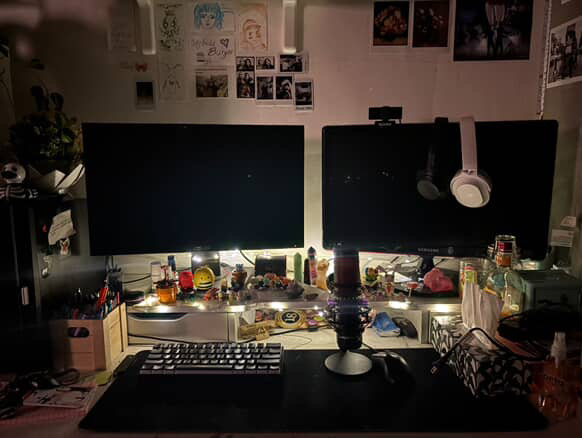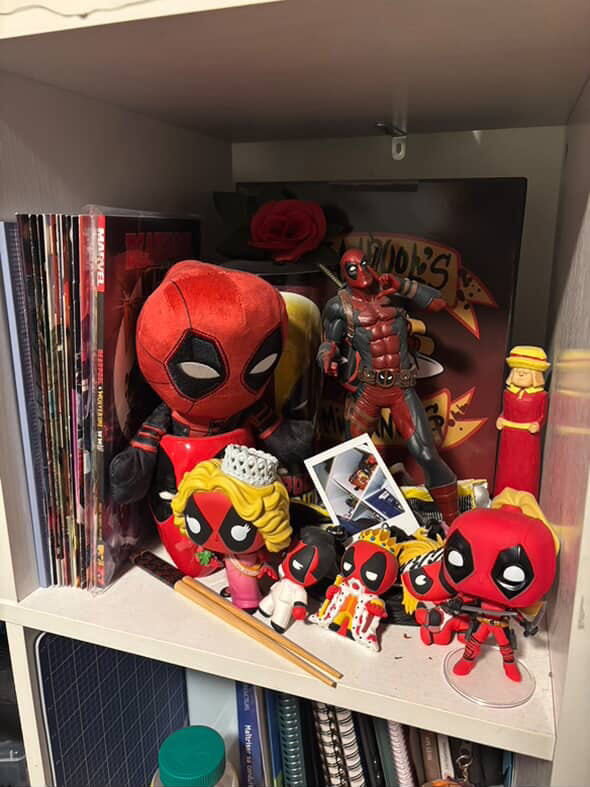
a brief history of fandom
When most people hear the word “fandom”, they probably think of the Harry Potter craze of the 2000s or cringe at the thought of furries. In reality, the first instances of fandom started appearing in the 19th century. Jane Austen fans, also known as Janeites, and Sherlock Holmes fans were the first to form communities around their favorite stories. In fact, when Sherlock Holmes “died” in 1893, fans came together to hold “mourning parties” and created the first fix-it fanfictions. The first modern fandom is commonly thought to come from the Star Trek franchise. Considering the timeline, this makes perfect sense. Science fiction as a genre started picking up steam in the 1930s. Some of the oldest conventions originate from this time. This includes Philcon, the oldest continuing fan convention ever. Fandom as we know it started around the 50s and 60s when more households started owning televisions. This reveals a common theme: fandom is reliant on accessible media.
FUN FACT: The word “fan” was supposedly first used to describe baseball fanatics in the UK.
Authors & Fanfiction
Some of the biggest names in pop culture started their craft in fandom spaces (especially the literary scene). S.E. Hinton, author of The Outsiders, a book read by every eighth grader in America, has admitted that some of the best works she has ever read were fanfiction.
“I always tell my writing students that if they just stay home and write a 100,000-word novel, they’ll probably learn more than they will from attending any writing class, including my own. The advantage to fanfiction is that because someone else created the world, your creativity will be focused on character, story, and performance; the disadvantage is that instead of finding worlds and stories inside yourself, you’re worshipfully following behind someone whose vision may not be as deep and true as yours.”
Orson Scott Card
Orson Scott Card, author of Ender’s Game, one of the most iconic science fiction books ever, started writing fanfiction even before the genre had ventured outside the Star Trek and Star Wars fandoms.
“Poets create by responding to their predecessors. Some fanfiction does this very well — very resourcefully, very daringly, very outrageously. I think fanfiction’s negative reputation comes from our contemporary obsession with the idea of originality. It seems to me that we put a huge amount of emphasis on stories as intellectual property. There are great reasons for doing that — I might not have a career otherwise. But there are other ways to think about originality. For example, Shakespeare thought nothing of borrowing characters. He didn’t invent Hamlet, but borrowed him and used him for his own purposes. Virgil didn’t invent Aeneas, and Goethe didn’t invent Faust. I think plots and characters circulated more freely back then. That freedom could give rise to masterpieces.”
Lev Grossman, author of The Magicians
